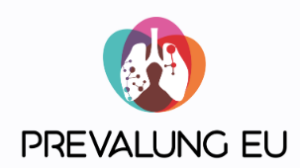The STRATA-FIT consortium sets out to develop and validate computational models to identify and stratify difficult-to-treat rheumatoid arthritis (D2T RA) patients into clinically relevant phenotypes using real world clinical data. Subsequently, STRATA-FIT execute a pilot study with a clinical decision aid based on their models to assess the effectiveness of personalised treatment strategies. In parallel STRAT-FIT will develop a computational model to identify early RA patients at risk of developing D2T RA. By doing so, not only will they provide better treatment for patients with D2T RA, but also work towards its prevention in early RA patients. STRATA-FIT will establish a unique European Learning Healthcare System, using a privacy-proof, state-of-the-art federated learning infrastructure in which patients with, or at risk of D2T RA are identified, stratified and treated in a personalised manner.
https://strata-fit.eu/en/




















